Adolescence is the bridge between childhood and entry into the adult world. It's a time when teens are struggling to find their own identity and as the influence of peers becomes more and more important, they begin to pull away from their parents and families. The process of venturing away from the family is a normal part of development. As their cognitive processes mature, they begin to consider possibilities, recognize choices they have to make, and begin to focus on the future.
Of the forces that influence adolescent behavior, the most fundamental are the social connections. Even if they are pushing away from parents and family, the sense of connectedness to the family and school are primary. The more cohesive your relationship is with your teen, the easier it will be to spot warning signs of distress or potential problems in your teens life.
Parents, as well as teachers, should be alert to certain warning signs of distress:
Lack of age appropriate relationships and interests
Obsessive interests
Preoccupation with one's body
Precociousness or over involvement in sexual behavior
Risk taking behavior
Fears, worries, anxieties
Sadness and depression
Changes in appetite or sleeping patterns
Fear of the future
Parents and other adults who are involved in teenagers' lives and are aware of adolescent developmental milestones and attuned to normal challenges faced by adolescents can be fundamental in helping them avoid harm and progress toward an emotionally healthy life.
Information has been compiled from various educational
and counseling resources
